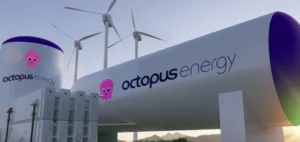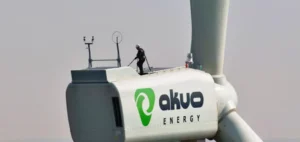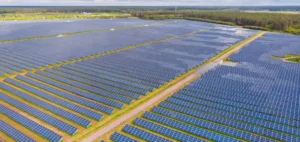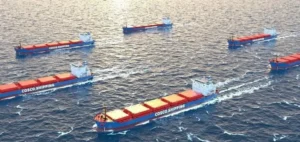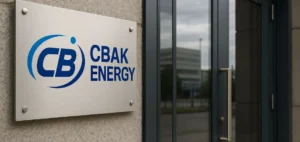Qair and Vibracoustic announce the signature of a 12-year Corporate Power Purchase Agreement (cPPA) in Poland, which provides for the supply of 180 GWh of renewable electricity per year.
This contract, based on a “pay-as-you-go” model, enables Vibracoustic Polska to secure its energy supply while controlling costs linked to fluctuations in the electricity market.
This approach guarantees Vibracoustic a stable and reliable source of energy from Qair’s portfolio of wind and solar projects in Poland.
The agreement provides for a reduction of almost 146,000 tonnes of CO2 per year, aligning the strategies of both companies with the growing demands of environmental responsibility, while responding to the economic and energy constraints of the industrial sector.
This type of contract reflects the evolving relationship between renewable energy suppliers and large industrial companies, who seek to mitigate energy-related risks while benefiting from a clean source of supply.
Qair in Poland: expanding assets
Established in Poland since 2015, Qair currently operates 397 MW of wind and photovoltaic assets and has a further 162 MW under development.
This diversified portfolio enables Qair to meet companies’ needs in terms of energy transition, offering them adapted and competitive supply options.
The partnership with Vibracoustic is a logical step in this direction, where demand for renewable and localized energy solutions is rising sharply.
In signing this contract, Vibracoustic has chosen an approach that stabilizes its energy costs over the long term, while supporting the development of local renewable energies.
In a market environment where price volatility is a major issue, this type of agreement enables industrial companies to better manage their operating costs and plan their energy expenditure over several years.
A strategy aligned with the European context
The cPPA contract between Qair and Vibracoustic illustrates a growing trend among European companies to integrate long-term renewable energy solutions into their energy supply strategy.
The European Union encourages such initiatives, which aim to reduce dependence on fossil fuels while guaranteeing energy security.
Although this partnership is specific to Poland, it is part of a wider movement in which companies are seeking to optimize their energy mix by including renewable sources.
For industrial players like Vibracoustic, this strategy offers multiple advantages, particularly in terms of cost and risk management.
What’s more, cPPAs offer a degree of financial visibility in a context of increasingly stringent regulations and growing pressure to reduce greenhouse gas emissions.
By partnering with suppliers like Qair, these companies can better anticipate changes in the energy market, while boosting their competitiveness.
A partnership model adaptable to the sector
Vibracoustic’s involvement with Qair demonstrates how cPPAs can be used strategically by companies in the manufacturing sector.
By opting for locally supplied renewable energy, Vibracoustic ensures continuity of production while aligning its operations with more efficient energy management practices.
This type of contract is increasingly being adopted by companies who see renewable energies not only as a response to environmental challenges, but above all as an opportunity to optimize their value chains.
Market prospects for this type of partnership indicate a growing demand for long-term contracts, structured to meet the specific needs of large-scale industries.
By consolidating their energy strategies with specialized players like Qair, companies can also meet the expectations of investors and regulators, while improving their energy profile.



